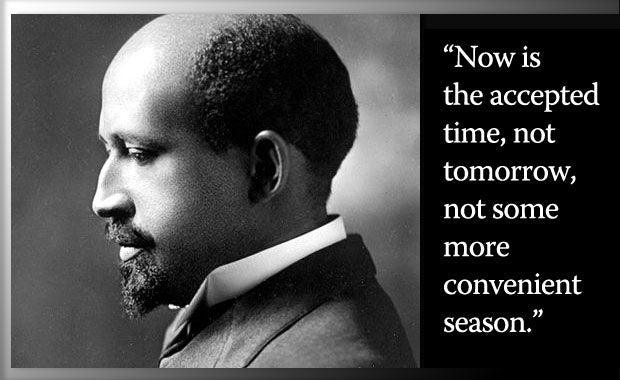
W.E.B. DU BOIS
Share
W.E.B. Du Bois, in full William Edward Burghardt Du Bois, (born February 23, 1868, Great Barrington, Massachusetts, U.S.—died August 27, 1963, Accra, Ghana), American sociologist, historian, author, editor, and activist who was the most important Black protest leader in the United States during the first half of the 20th century. He shared in the creation of the National Association for the Advancement of Colored People (NAACP) in 1909 and edited The Crisis, its magazine, from 1910 to 1934. His collection of essays The Souls of Black Folk (1903) is a landmark of African American literature.
The Souls of Black Folk, the Niagara Movement, and the NAACP
Du Bois graduated from Fisk University, a historically Black institution in Nashville, Tennessee, in 1888. He received a Ph.D. from Harvard University in 1895. His doctoral dissertation, The Suppression of the African Slave-Trade to the United States of America, 1638–1870, was published in 1896. Although Du Bois took an advanced degree in history, he was broadly trained in the social sciences; and, at a time when sociologists were theorizing about race relations, he was conducting empirical inquiries into the condition of Blacks. For more than a decade he devoted himself to sociological investigations of Blacks in America, producing 16 research monographs published between 1897 and 1914 at Atlanta University in Georgia, where he was a professor, as well as The Philadelphia Negro: A Social Study (1899), the first case study of a Black community in the United States.
